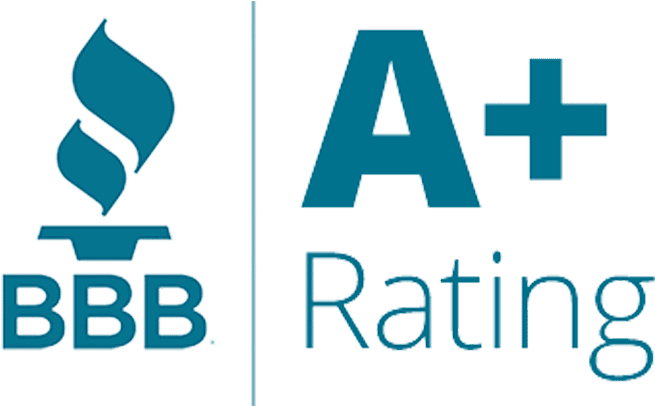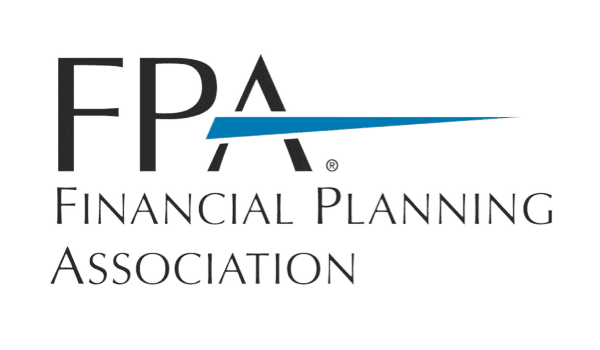Financial Planning FAQ
Financial Planning Frequently Asked Questions
Philosophically, how do you operate -- what is the overall nature of your business and the way in which you function?
Our wealth management philosophy is based on the idea of designing and building a house. The initial planning stage is the most important. All of the decisions that happen before ground is broken, or before any financial transactions, will determine how satisfied you are with the result. If the house has been carefully and patiently designed the actual construction and subsequent result should deliver few surprises and should wholly contribute to the achievement of your objectives.
What is the process that you use in developing a financial plan?
Organize
Gather information related to your finances and estate to include the following:
- Personal and family information
- Information from your banker, accountant, and attorney
- Income and expense numbers (Pay Statement, Tax Return, Spending Plan)
- Employee Benefits – Summary Plan Description
- Investment account statements and other investment-related information
- Estate planning documents (wills, trusts, powers and directives)
- Business entity documents if applicable
Analyze
Goals:
- Obtain or assist client in development of goals for financial planning outcomes.
- Assist clients in prioritizing financial planning goals.
- Revise goals, as requested, to support changes in family composition over lifetime.
Financial:
- Annual Cash Flow Statement
- 5-year Cash Flow Statement Net Worth
Education:
- Review of current education planning
- Analysis of education needs
- Determine optimal funding options.
- Help fill out FAFSA and research other funding options.
Retirement:
- Review of current retirement plans with consideration for future taxes
- Project retirement living expenses.
- Analysis of savings and investment strategy
- Analysis of social security claiming strategies
- Retirement withdrawal analysis with tax emphasis
- Medicare assistance
Insurance:
- Analysis of life, disability, long term care, umbrella and other liability and protection policies
- Gathering life insurance in-force information with policies held outside
- Verify beneficiary designations.
Tax Planning:
- Annual tax analysis with recommendations in coordination with accountant
- Strategies for tax minimization in retirement.
Estate Planning:
- Review of current estate planning documents
- Verify beneficiary designations; Coordinate along with estate and financial plan.
- Analysis of estate needs to include wills, trusts, charitable estate planning
Other:
- Comprehensive review of Employee Benefits and Employee Stock Compensation and other incentive compensation
Coach and Support:
Provide Recommendations, Education, and Updates to include:
- Provide Comprehensive Financial Plan with recommendations.
- Assist clients with implementation checklist and assistance, as desired by client.
- Periodic investment reviews
- Access to secure Morningstar web portal
- Ongoing education and recommendations on how financial, legal, or regulatory changes impact your financial plan
- Educate other family members (children, grandchildren) with a financial planning introduction, if desired.
- Conduct family meetings periodically to discuss family plans, if applicable.
How much time will be required?
The amount of time depends on how simple or complex your financial situation is, how long it takes you to deliver the required information accurately and completely to our satisfaction, and the number of changes and/or modifications introduced during the planning. A minimum of three months is required generally.
How often should we review the financial plan?
Your financial plan will be reviewed at least annually. We will update your assets, liabilities, insurance, estate docs if necessary, account titles, beneficiaries, and any other changes that impact your financial life. Your portfolio is reviewed and adjusted as your situation changes and market conditions warrant.
How and when do you decide to change an investment?
All investments are given a period of 3 years before a change is considered. Investment styles come and go and we do not advocate market timing or jumping in and out of the market. It may take several years for a fund’s investment style to reemerge. If a fund underperforms its peers for a period of 3 years by more than a few percent, it is considered for replacement.
How extensive is the plan? What does it include, or specifically exclude?
The plan will include analyses of all financial planning areas you need assistance with. The plan does not include product sales. Portfolio management is offered as a separate service in conjunction with performance and allocation reviews and includes the buying and selling of securities according to your plan; As fee-only planners we receive no compensation from the securities we would be trading on your behalf.
How do you integrate insurance, investments, tax planning, retirement planning, and estate planning into an overall financial planning process?
Each section of a comprehensive plan is looked at separately AND as they affect each other. A decision in the portfolio affects taxes, retirement, and estate. A decision with insurance affects estate and may affect retirement. A decision in tax definitely affects portfolio. Modular plans are very difficult and tend to be short sighted because trying to analyze just one area results in recommendations that disregard their effect on the rest of your financial situation.
What is your fee structure?
We are fee-only financial planners. We do not earn any compensation from any of our recommendations. Our financial plan creation fees range from $4,000-$10,000 depending on the complexity of your situation. Ongoing planning starts at 1% for up to $1,000,000 in investment assets and declines above that level. This includes ongoing comprehensive financial planning.
What is your minimum asset level?
In order to provide the best possible service to each of our clients, we require a minimum investment of $1,000,000. We evaluate every situation in terms of best fit and your particular circumstances. In certain cases we may choose to take on clients who do not meet our minimum. If you can’t meet that minimum, please feel free to contact us and we’ll refer you to another reliable advisor who can help.
On what do you base your investment recommendations?
Investment recommendations are based on your risk tolerance, time horizon, and goals first and foremost. The goal is to build a diversified portfolio with equities and fixed income using primarily low cost, passive ETFs. We utilize Morningstar data including asset class and sector exposure, number of holdings, expense ratio, reputation of issuer, benchmark provider, and turnover. Manager tenure, expense ratios, and turnover are also considered. We generally recommend no-load funds and ETFs.
Risk, time horizon, and goals are again considered along with the size of the portfolio when recommending individual stocks. Fundamental and technical research is performed when analyzing stocks.
Do you have any financial or other interest in the investment options that you recommend?
We have no financial or other interest in the investment options that we recommend. (See “Why Choose A NAPFA financial advisor“)







